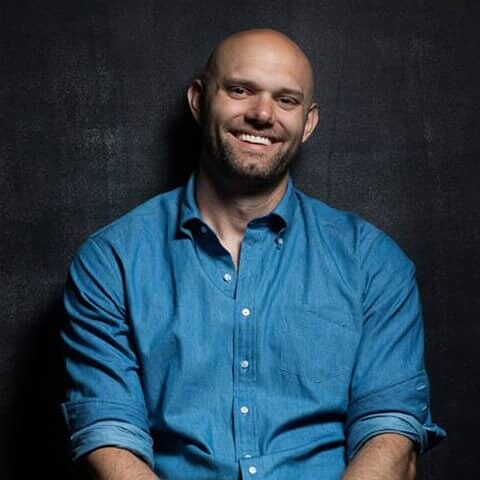 author
authorZadie Smith
Zadie Smith is an English novelist, essayist, and short-story writer. Her debut novel, White Teeth (2000), immediately became a best-seller and won a number of awards. She has been a tenured professor in the Creative Writing faculty of New York University since September 2010.
Smith's début novel White Teeth was introduced to the publishing world in 1997 before it was completed. On the basis of a partial manuscript, an auction for the rights was begun, which was won by Hamish Hamilton. Smith completed White Teeth during her final year at the University of Cambridge. Published in 2000, the novel immediately became a best-seller and received much acclaim. It was praised internationally and won a number of awards, among them the James Tait Black Memorial Prize and the Betty Trask Award. The novel was adapted for television in 2002.
Smith served as writer-in-residence at the ICA in London and subsequently published, as editor, an anthology of sex writing, Piece of Flesh, as the culmination of this role. Her second novel, The Autograph Man, was published in 2002 and was a commercial success, although critics did not as well receive it as White Teeth.
Smith's third novel, On Beauty, was published in September 2005. It is set largely in and around Greater Boston. It attracted more acclaim than The Autograph Man: it was shortlisted for the Man Booker Prize and won the 2006 Orange Prize for Fiction and the Anisfield-Wolf Book Award.
Later in the same year, Smith published Martha and Hanwell, a book that pairs two short stories about two troubled characters, originally published in Granta and The New Yorker, respectively. Penguin published Martha and Hanwell with a new introduction by the author as part of their pocket series to celebrate their 70th birthday. The first story, "Martha, Martha," deals with Smith's familiar themes of race and postcolonial identity, while "Hanwell in Hell" is about a man struggling to cope with the death of his wife. In December 2008, she guest-edited the BBC Radio 4 Today program.
Smith's novel NW was published in 2012. It is set in the Kilburn area of northwest London, the title being a reference to the local postcode, NW6. NW was shortlisted for the Royal Society of Literature's Ondaatje Prize and the Women's Prize for Fiction. NW was made into a BBC television film directed by Saul Dibb and adapted by Rachel Bennette. Starring Nikki Amuka-Bird and Phoebe Fox, it was broadcast on BBC Two on 14 November 2016.
Smith's fifth novel, Swing Time, was published in November 2016. It drew inspiration from Smith's childhood love of tap dancing. It was longlisted for the Man Booker Prize 2017. Smith is a contributor to Margaret Busby's 2019 anthology New Daughters of Africa (as is her mother, Yvonne Bailey-Smith).
Smith's first collection of short stories, Grand Union, was published on 8 October 2019. In 2020 she published six essays in a collection entitled Intimations, the royalties from which she said she would be donating to the Equal Justice Initiative and New York’s COVID-19 emergency relief fund.
In 2021, Smith debuted her first play, The Wife of Willesden, which she wrote after learning that her borough in London, Brent, had been selected in 2018 as the 2020 London's Borough of Culture. As the most famous current writer from Brent, Zadie was the natural choice to author the piece. She chose to adapt the Wife of Bath's Tale in Geoffrey Chaucer's Canterbury Tales, recalling how she had translated Chaucer into contemporary English at Oxford.
The retelling replaces the pilgrimage with a pub crawl set in contemporary London, with the Wife of Bath becoming Alvita, a Jamaican-born British woman in her mid-50's who challenges her Auntie P's traditional Christian views on sex and marriage. Like the original tale, Alvita is a woman who has had five husbands, with her experiences with them ranging from pleasant to traumatic. The majority of the piece is spent on her talking to the people in the pub, much like how the Wife of Bath's prologue is longer than the tale itself.
To her, Alvita's voice is a common one she heard growing up in Brent, and thus writing this play was a natural choice for the festival. The tale itself is set in 17th-century Jamaica, where a man guilty of rape is brought before the Queen, who decrees that his punishment is to go and find what women truly desire.
Best author’s book




























